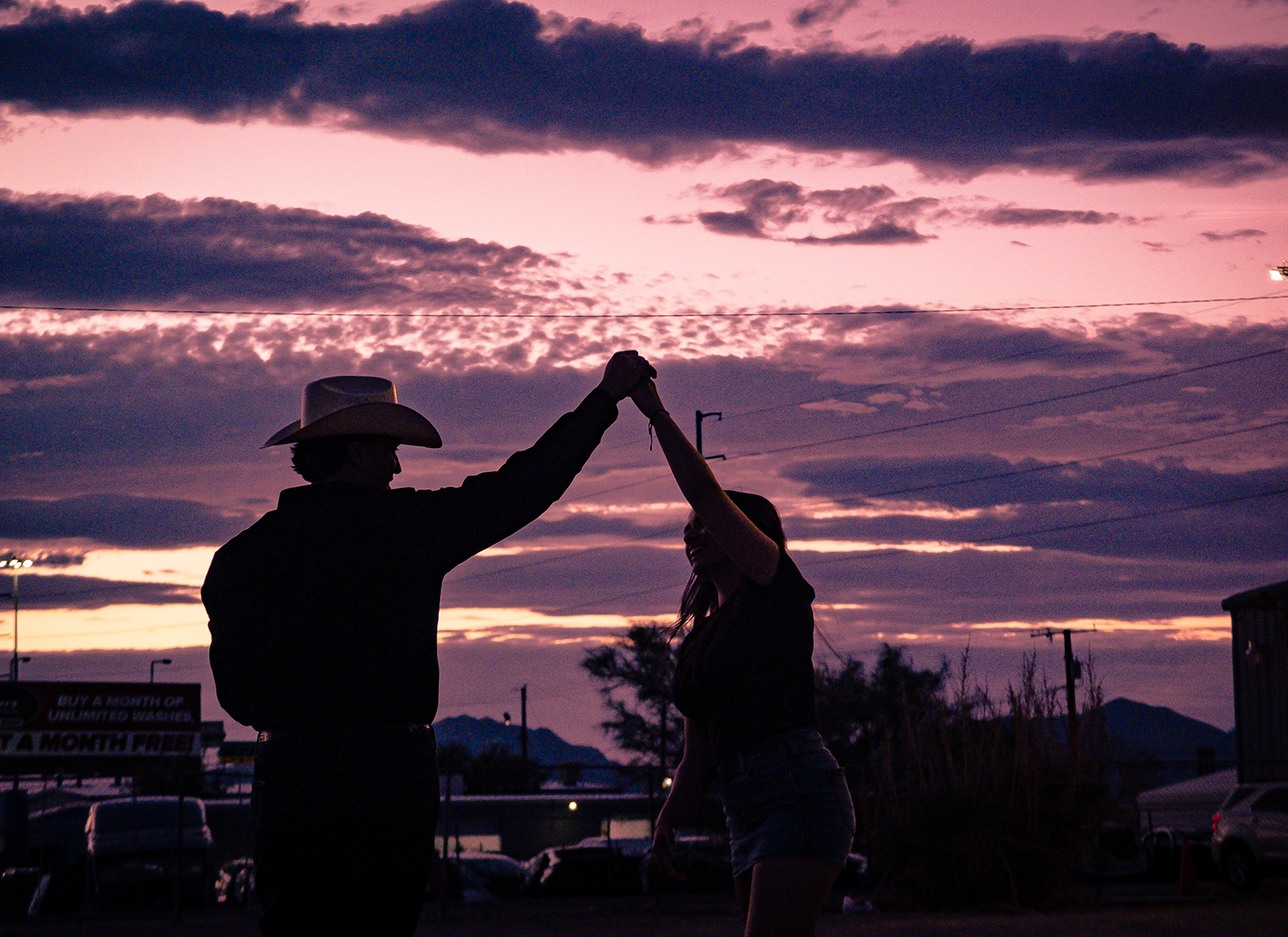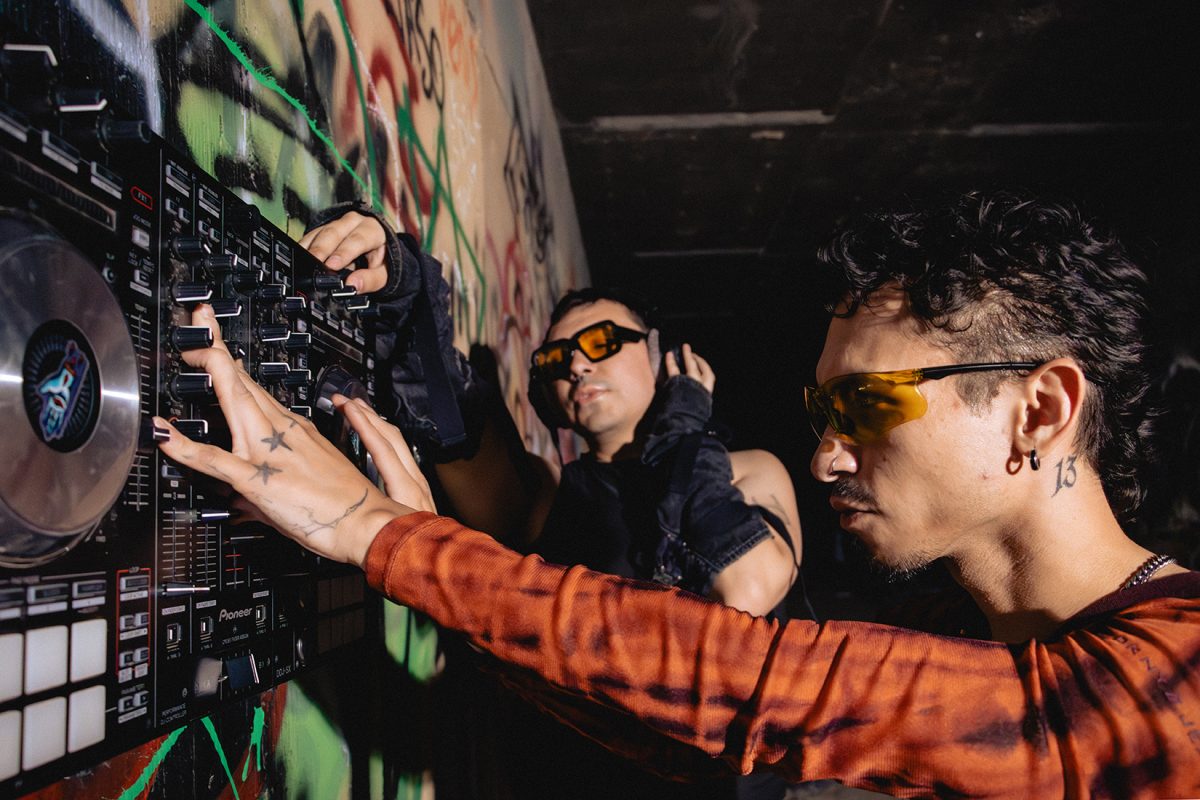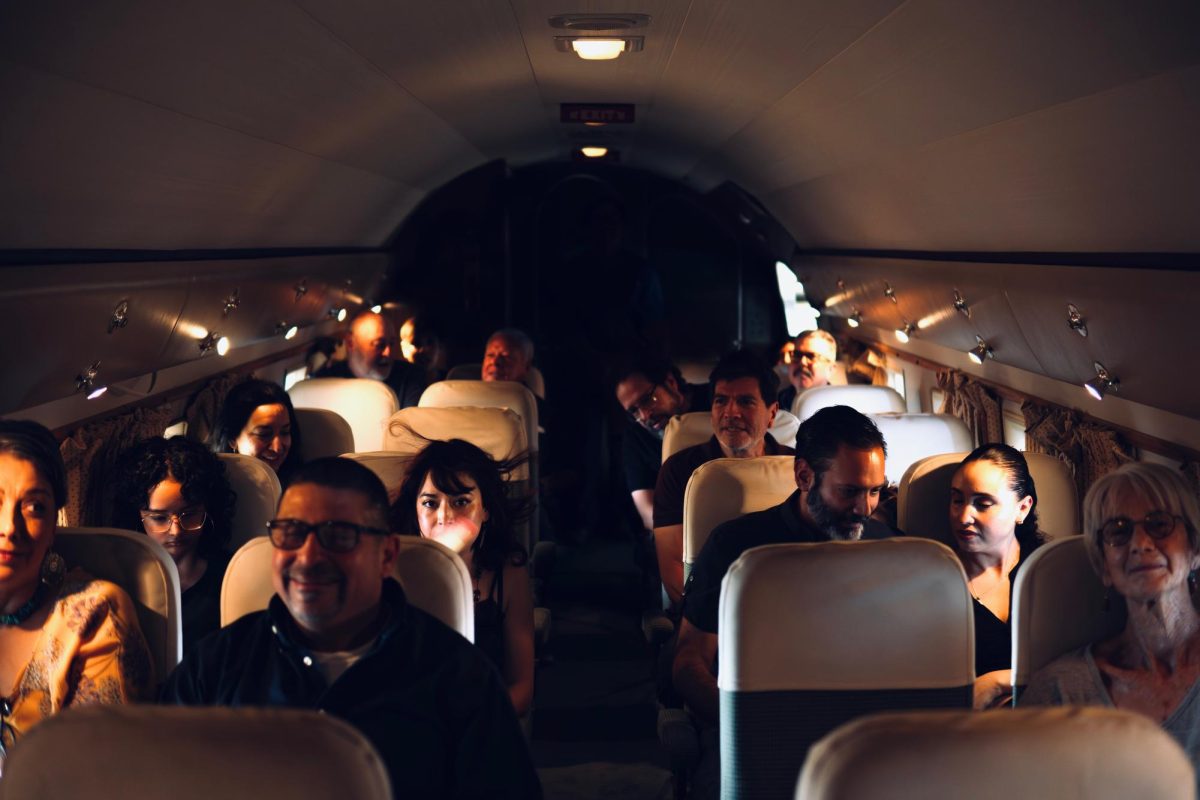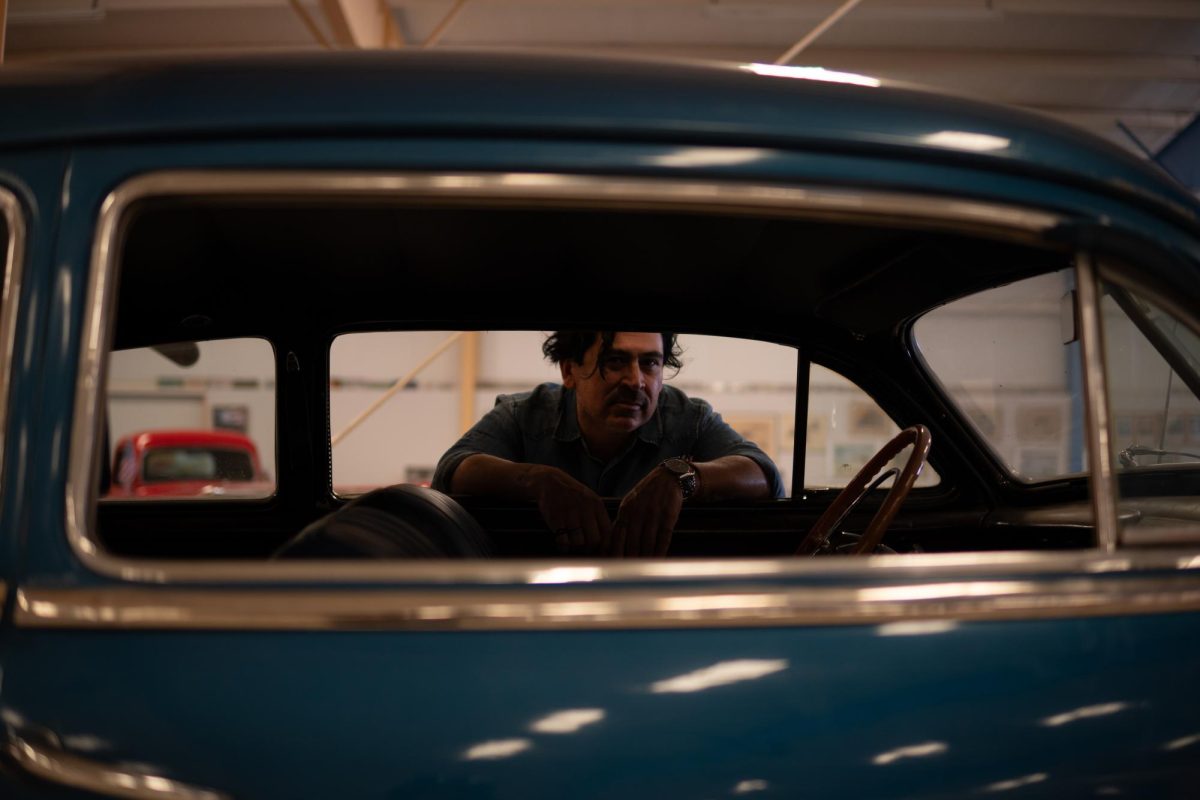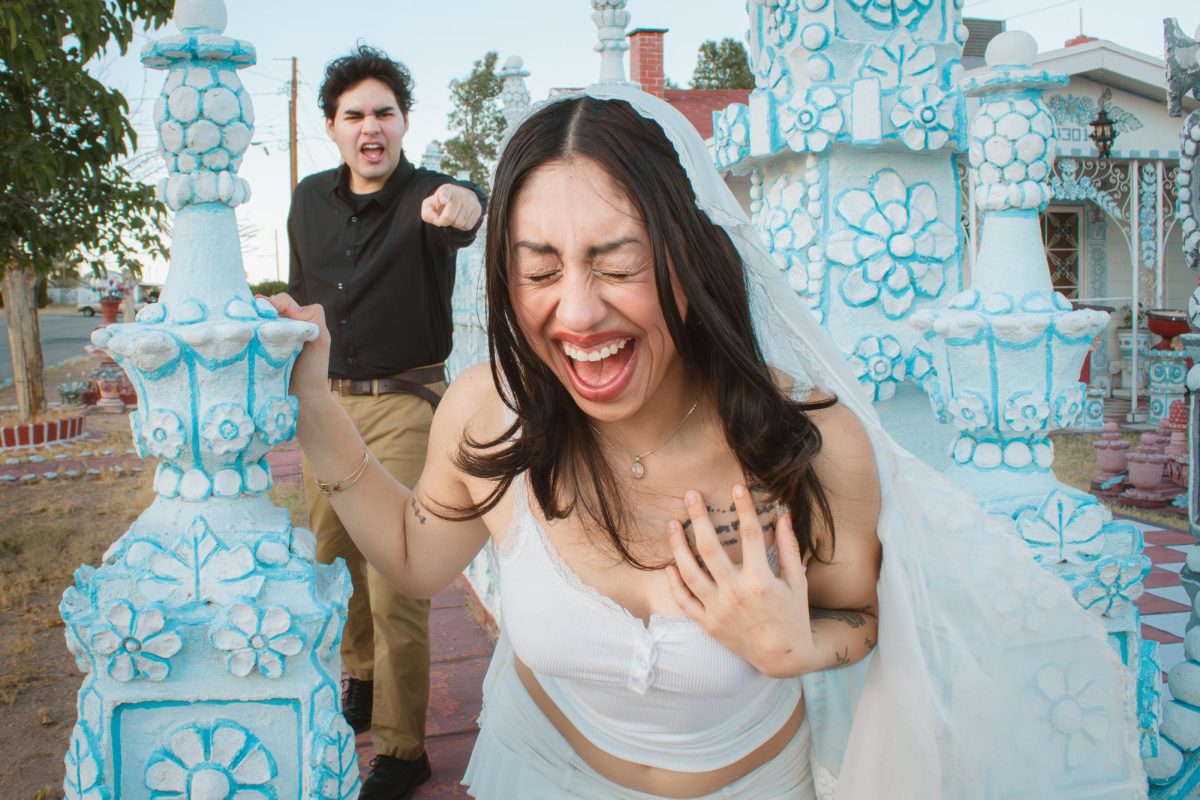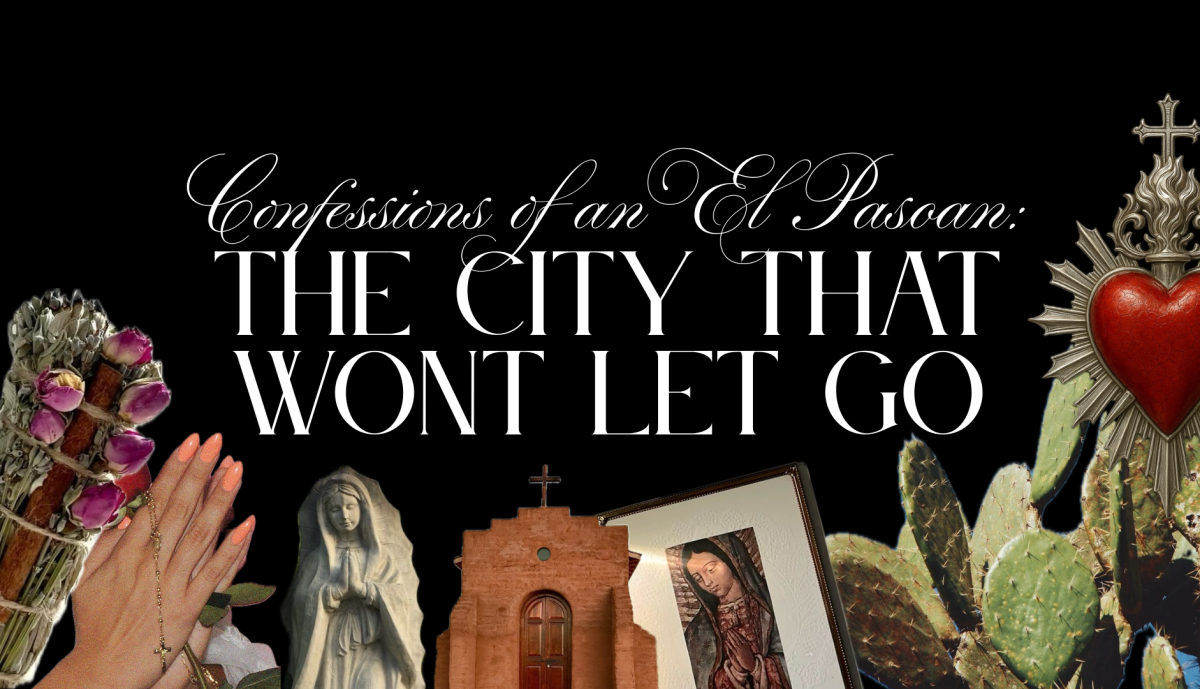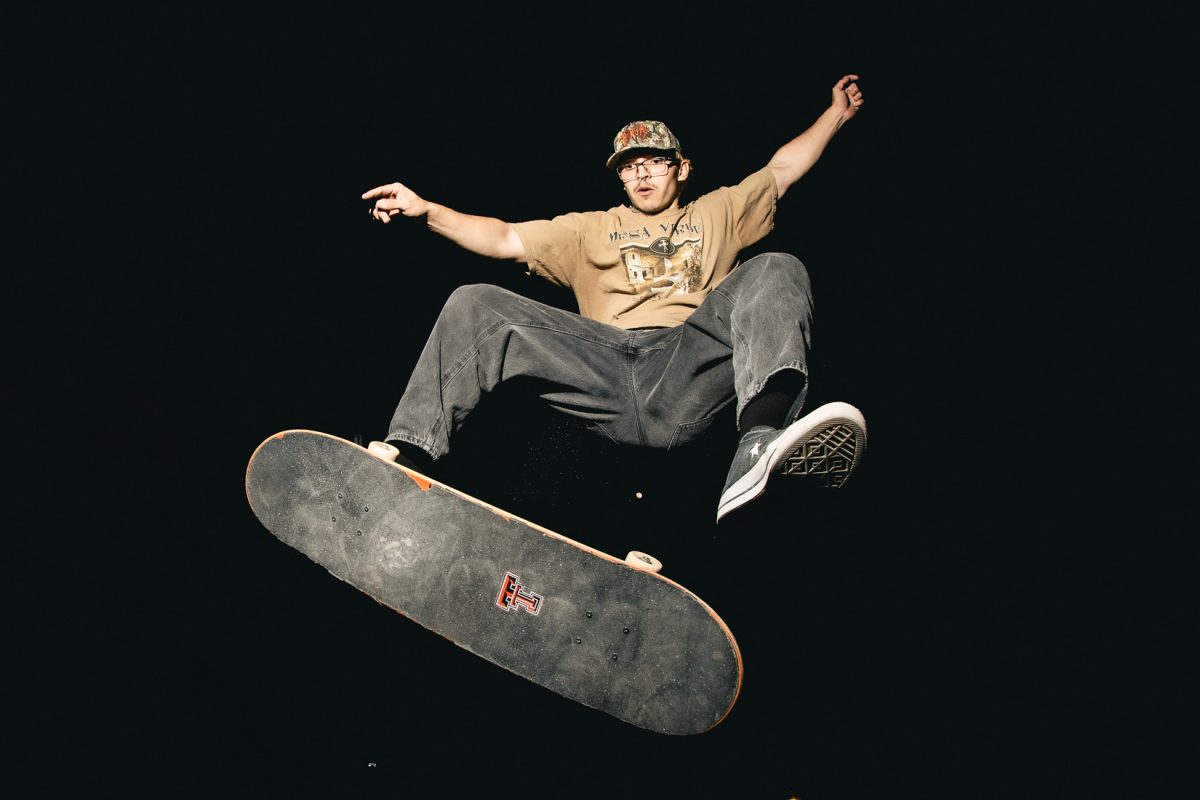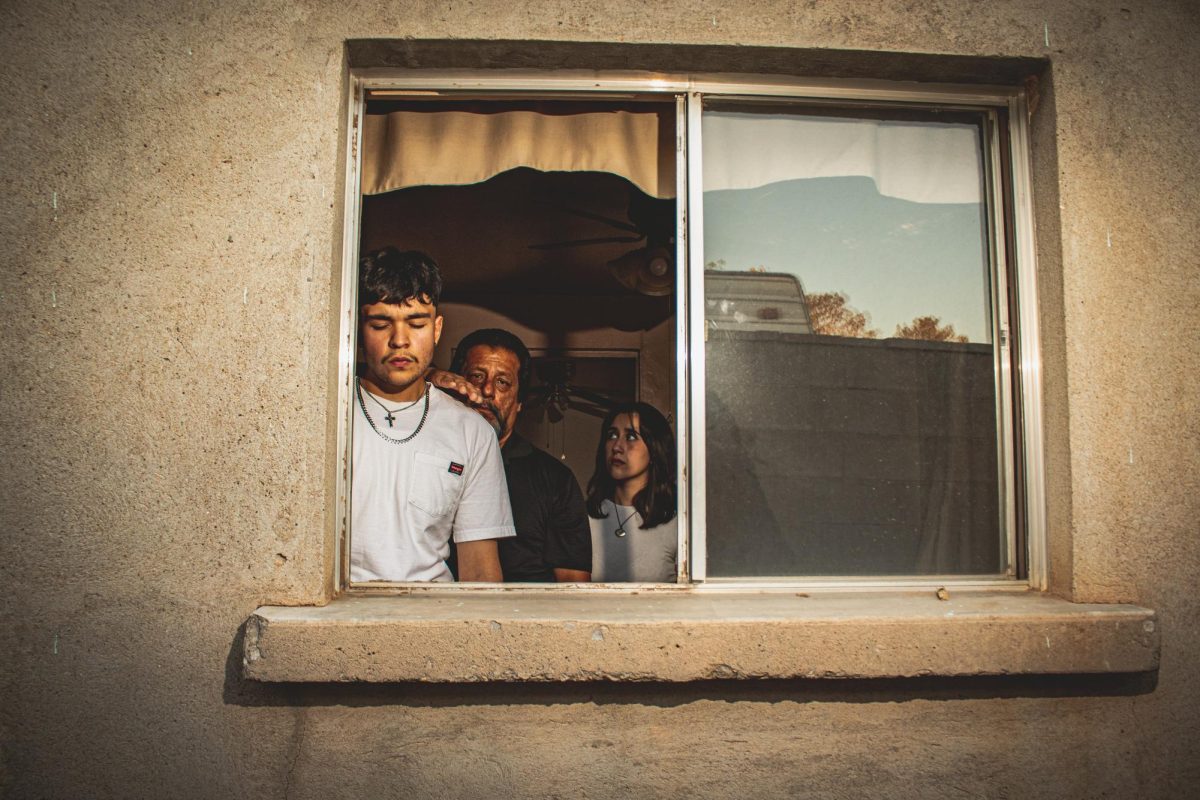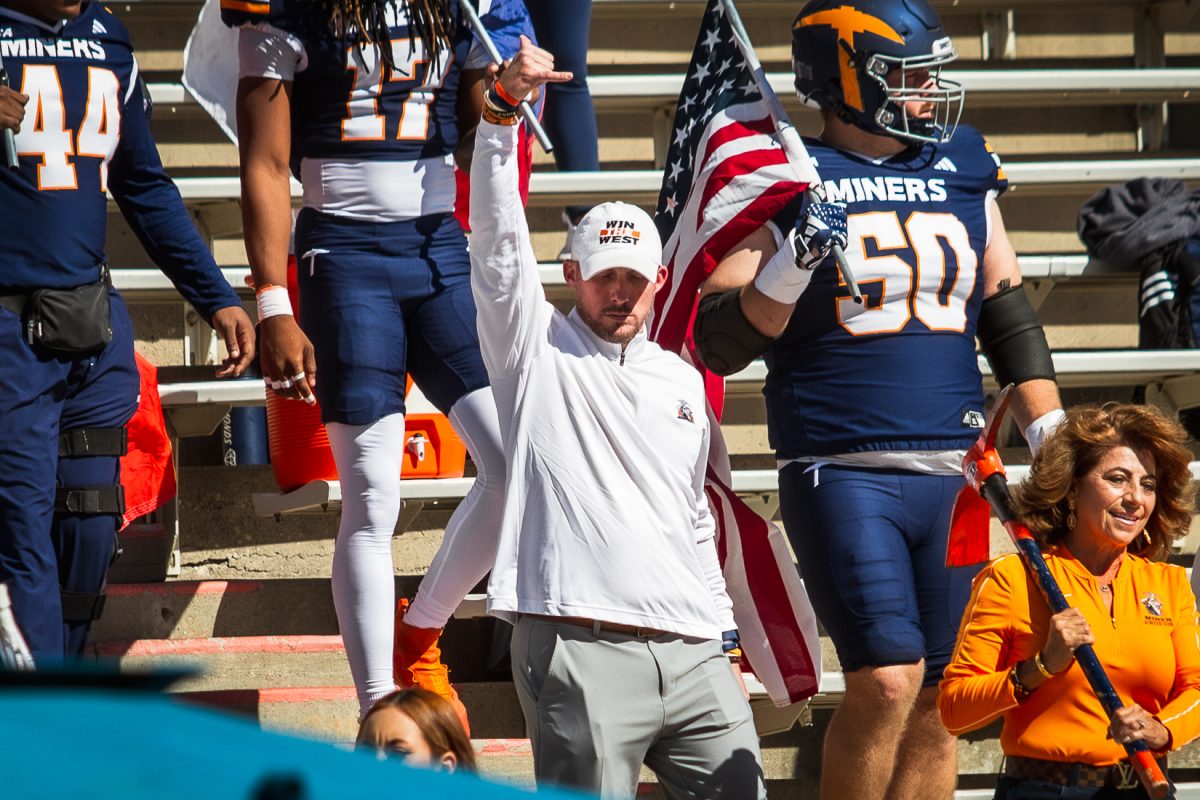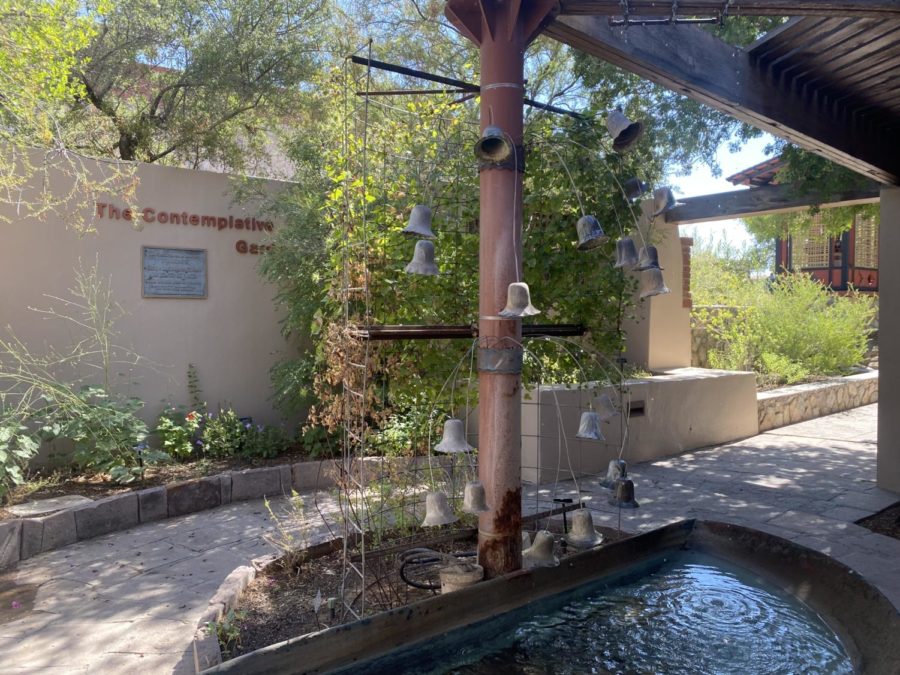El Paso is a multicultural world; a separate entity, nothing like other Texas cities. It’s a city that fits into both Texan representation and Hispanic heritage. El Paso has meshed and mixed into a unique culture.
Through culture, one can embrace their ethnicity. Traditions are an essential part of culture as are social customs, food, clothing and so much more. One especially important part of culture as well is music. Music can help connect people to one another. Through the music itself and dances specific to one’s culture, music is something that when asked about a culture, a person will reply with a genre of music to explain what their culture means to them.
While El Paso is known for being a city rich in Mexican American culture, clubs across town also embrace both the Country Western and Hispanic flavors. Being in a Texas city with the Mexico border right next to us, people embrace the combination of music from both sides of the border.
When either a Native El Pasoan or tourist search for an establishment that has a dance floor, their searches can vary between country bars or discotheques.
Communications theory and analysis Professor, Frank G. Perez, emphasizes the importance of preserving and promoting both Hispanic and Country cultural heritage in the city.
“Mexican music has always been a part of the region, I think country music has a really big presence here, historically as well in El Paso,”
He says El Pasoans may not be streaming Mexican as much as before, due to generational shifts and mainstream cultural influences.
“Mexican music in El Paso is a little less on the radar now than they were. It doesn’t occupy as prominent a space as it once did culturally in the city, at least at the mainstream level.” Perez said. “In Los Angeles from at least the 50s to 70s, there were different genres of what were considered kind of like Mexican or Chicano music.”
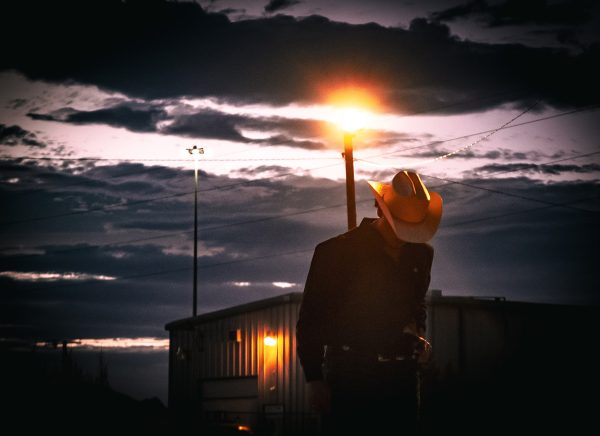
There is no doubt that Mexican artists of all genres do come down to El Paso; selling out the Don Haskins and the County Coliseum such as Los Tigres del Norte, Ivan Cornejo, and Luis Miguel. El Pasoans love and feed into that cultural music.
But then there are Country artists also making moves down to the borderland like Carrie Underwood, Jelly Roll and Midland equally because there is a potent country music scene in El Paso.
Some would argue that El Paso being a Texas city, there is bound to be more Texan representation. However, on the other side of the spectrum others cannot think of El Paso without thinking of Ciudad Juarez.
Jesus Reynaga, 23, talks about the phenomenon that is occurring in El Paso’s nightlife and overall, its music and club culture.
“We are in a little niche, grey area,” Reynaga said. “We can’t be American for Americans, but you can’t be Mexican for the Mexicans. So, we don’t feel like we belong to one side or the other, it’s our own little thing.”
“It’s important to remember our history and remember where we come from and the culture that surrounds us,” Reynaga said. “For the masses, I feel like it would make us more unique, more than we already are but embracing both (Texan & Hispanic) cultures that are here- we can make something new and exciting.”
Marissa Nunez, 27, (age) is a millennial that said El Paso’s has had a decline of club culture and the music scene. “I know that the dancing scene in El Paso has changed throughout the decades. We do not really have much of a club presence. We have a lot of bars that are small, but people still want to dance, because that is a part of us culturally,” Nunez said.
Nunez said that the shift in club culture may be due to El Pasoan’s different upbringings.
“It could be classism. Where a regional Mexican song, might not be seen as important by people who are of different classes, whereas, like, if you’re in another side of classes. It might be deeply a part of your family and your traditions, so you want to dance it.”
What is shown and very prominent in the borderland’s community is that even though the Spanish language is not being taught increasingly through generations. The universal language between Hispanic communities is the music.
Throughout generations, that is something that will not disappear; it will never stop being taught, loved, and cherished.
However, the younger generations of El Pasoans would like to go experience the nightlife and dance the night away with other peers of their community. Only because of the atmosphere, passion, and memories that will forever be embedded into the walls of the chosen establishment will there be something forever altering El Paso’s clean culture.


